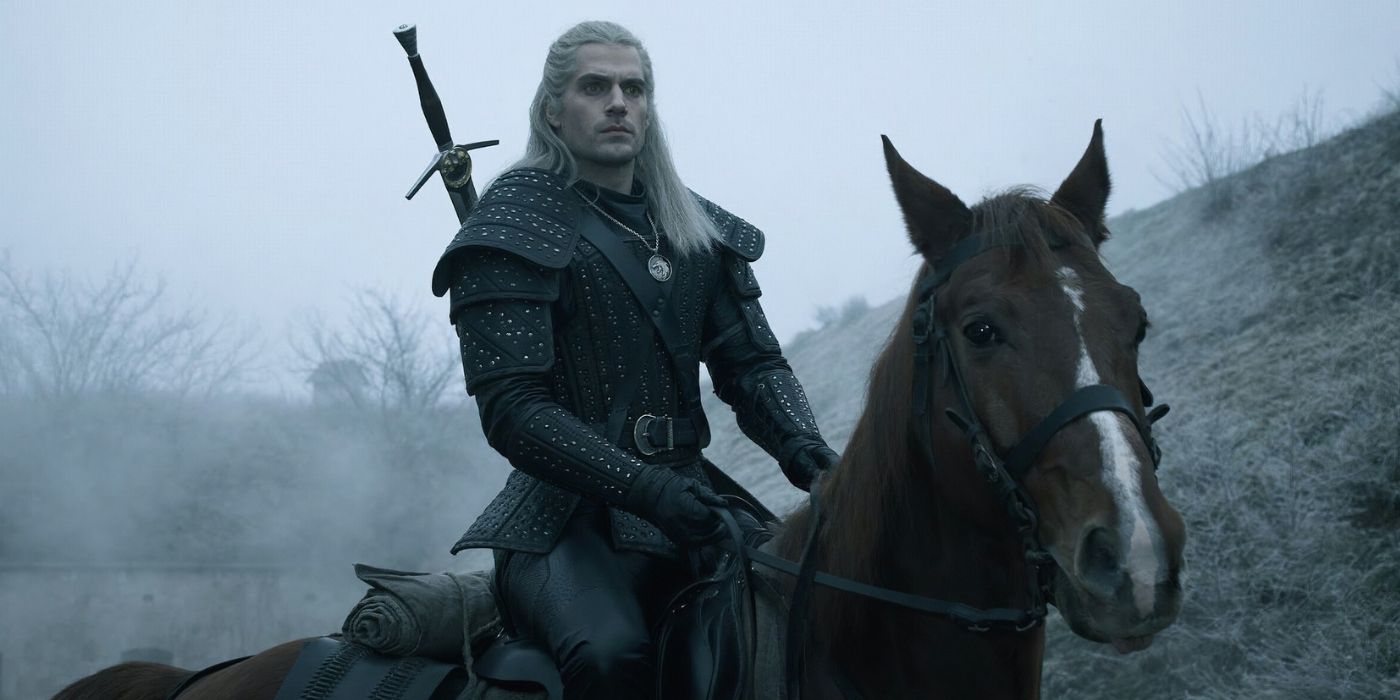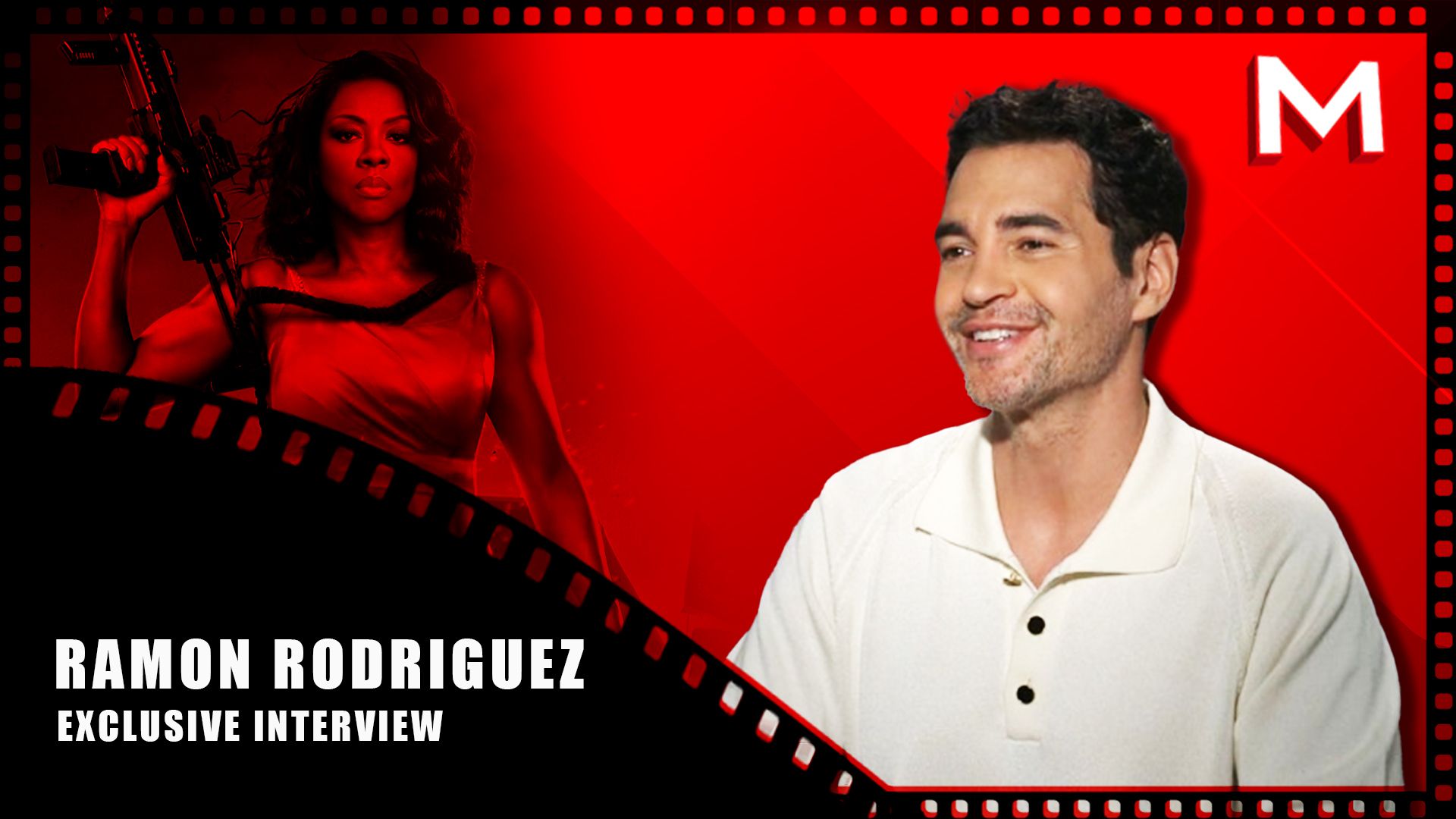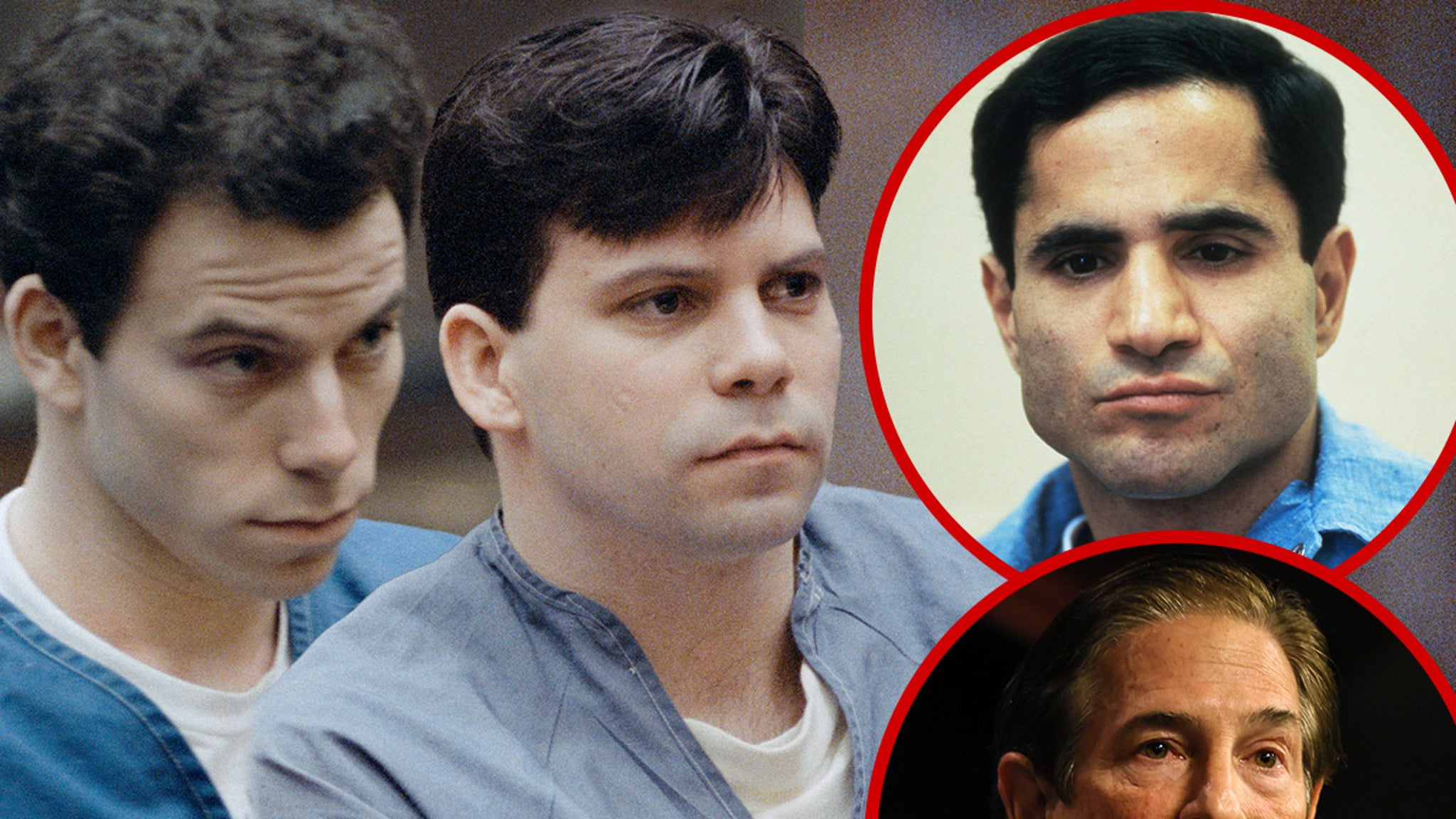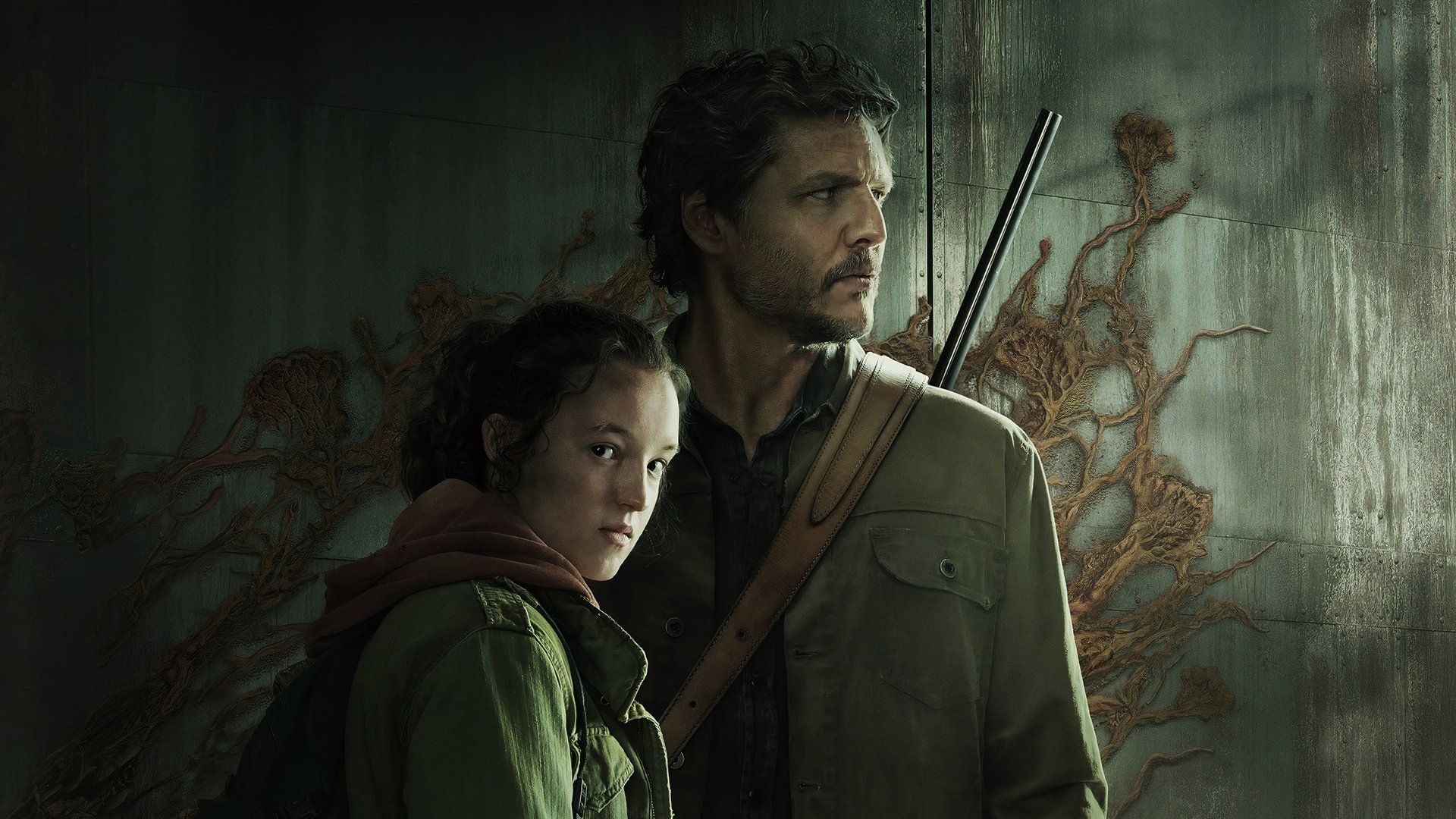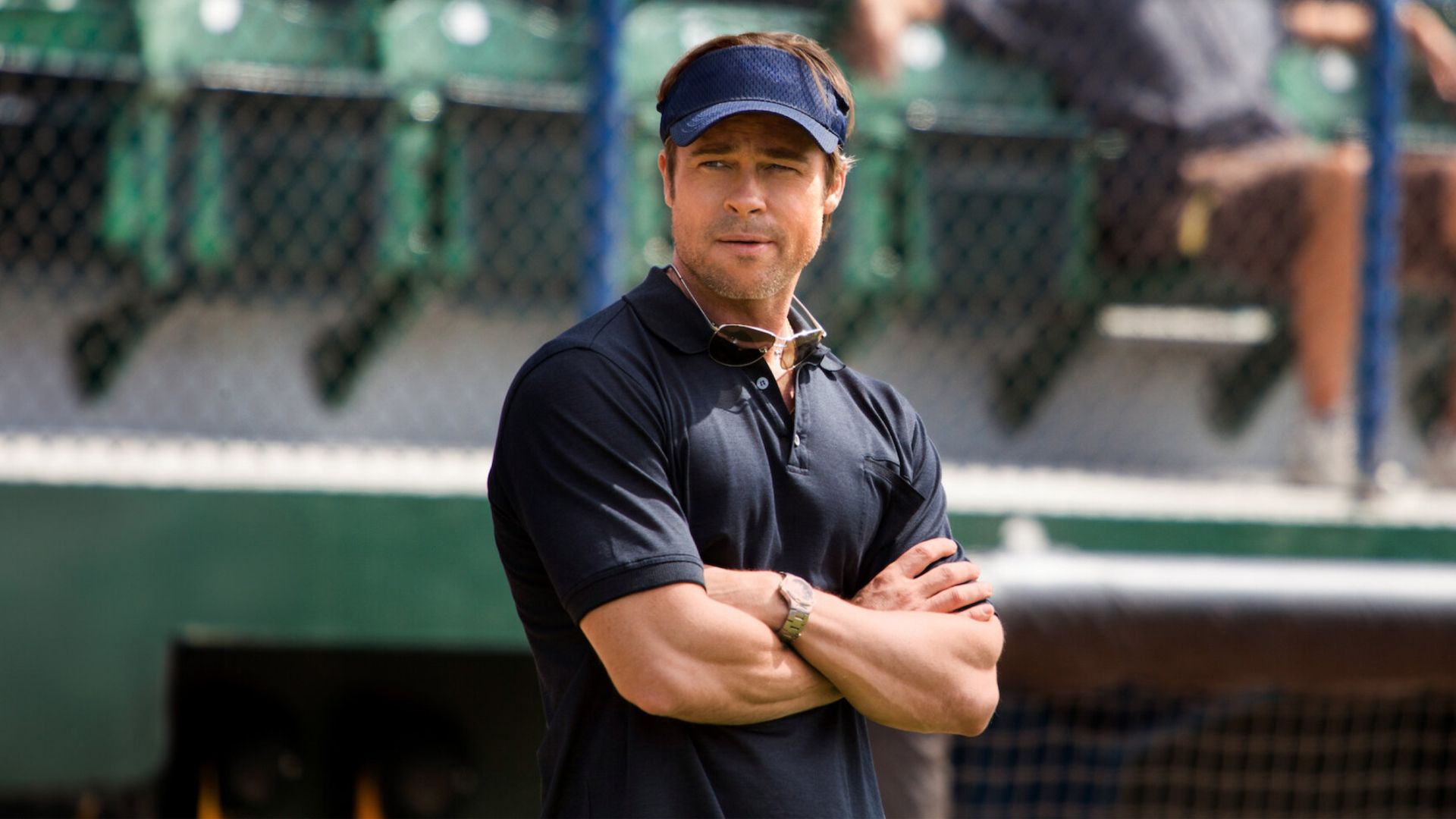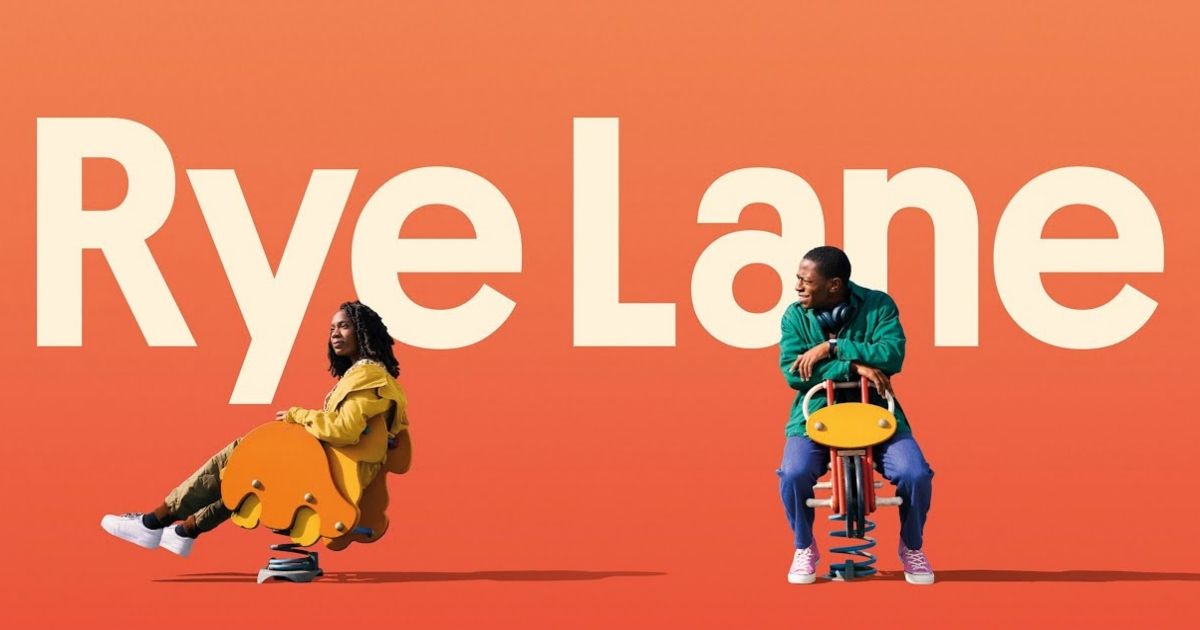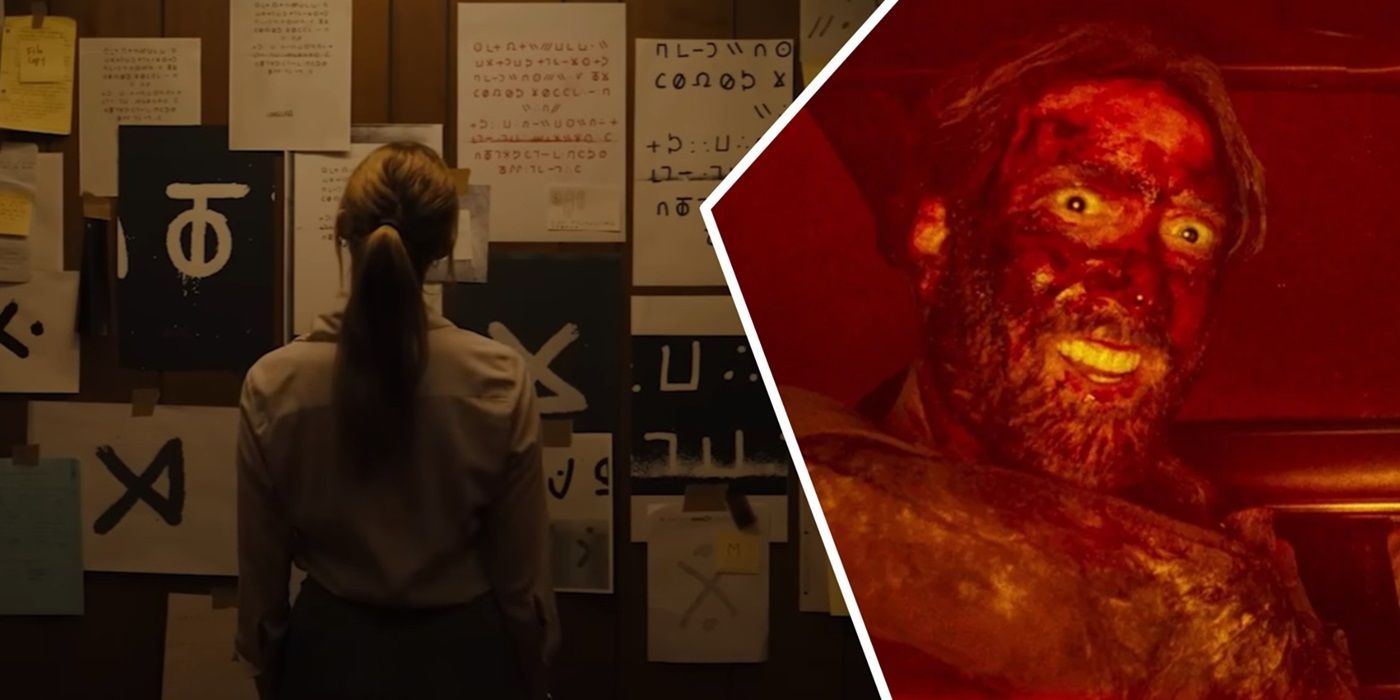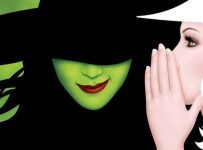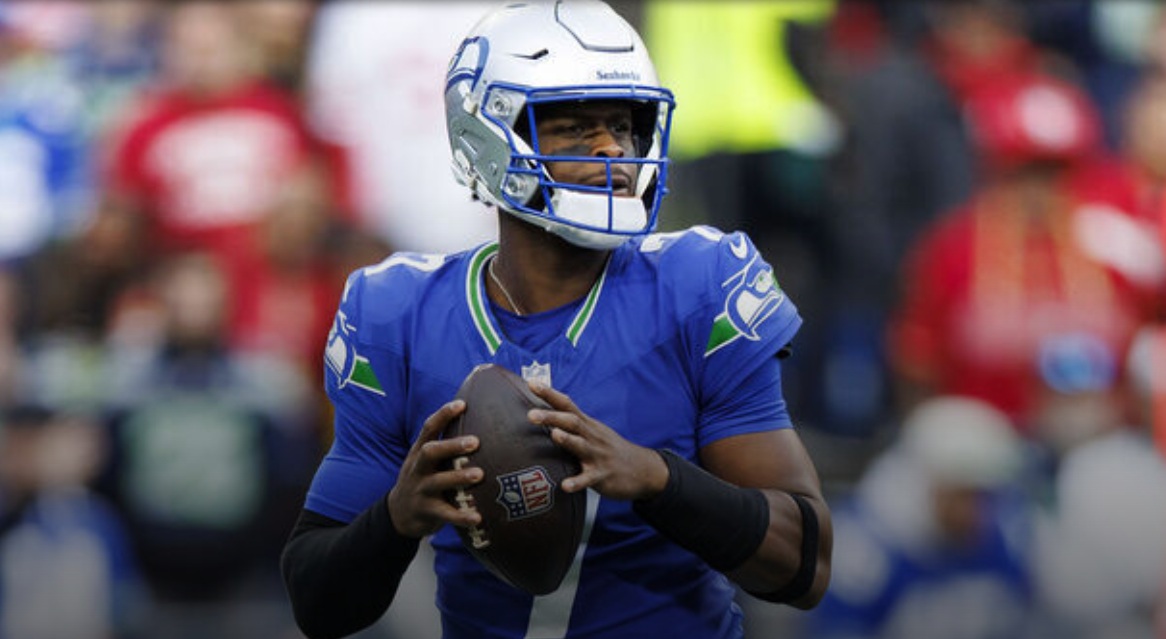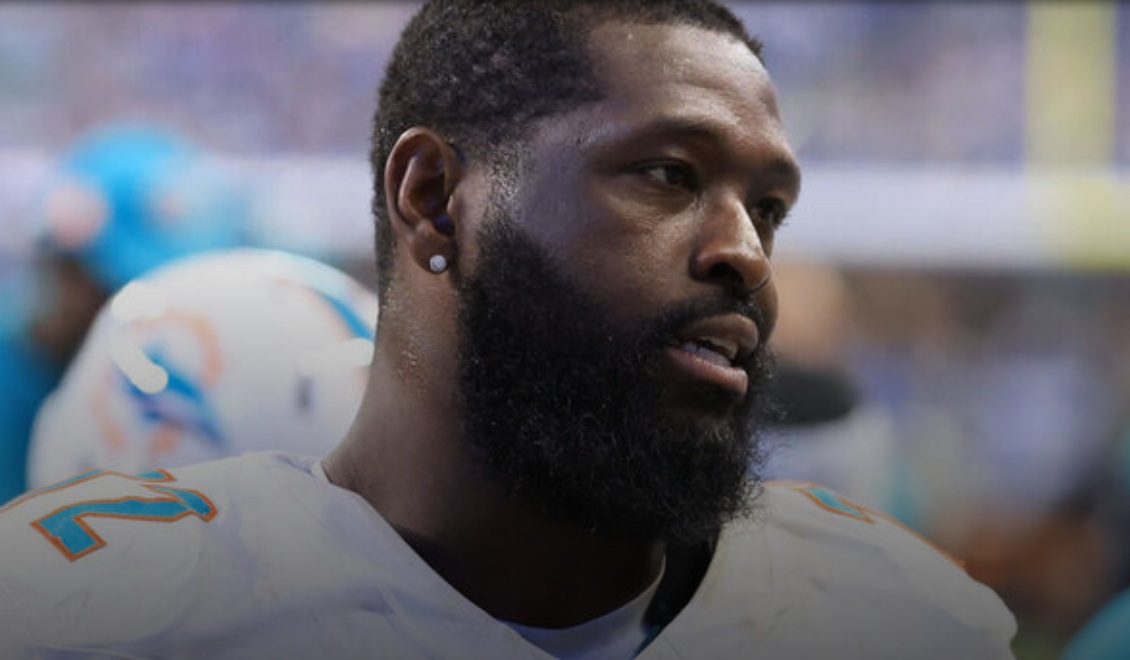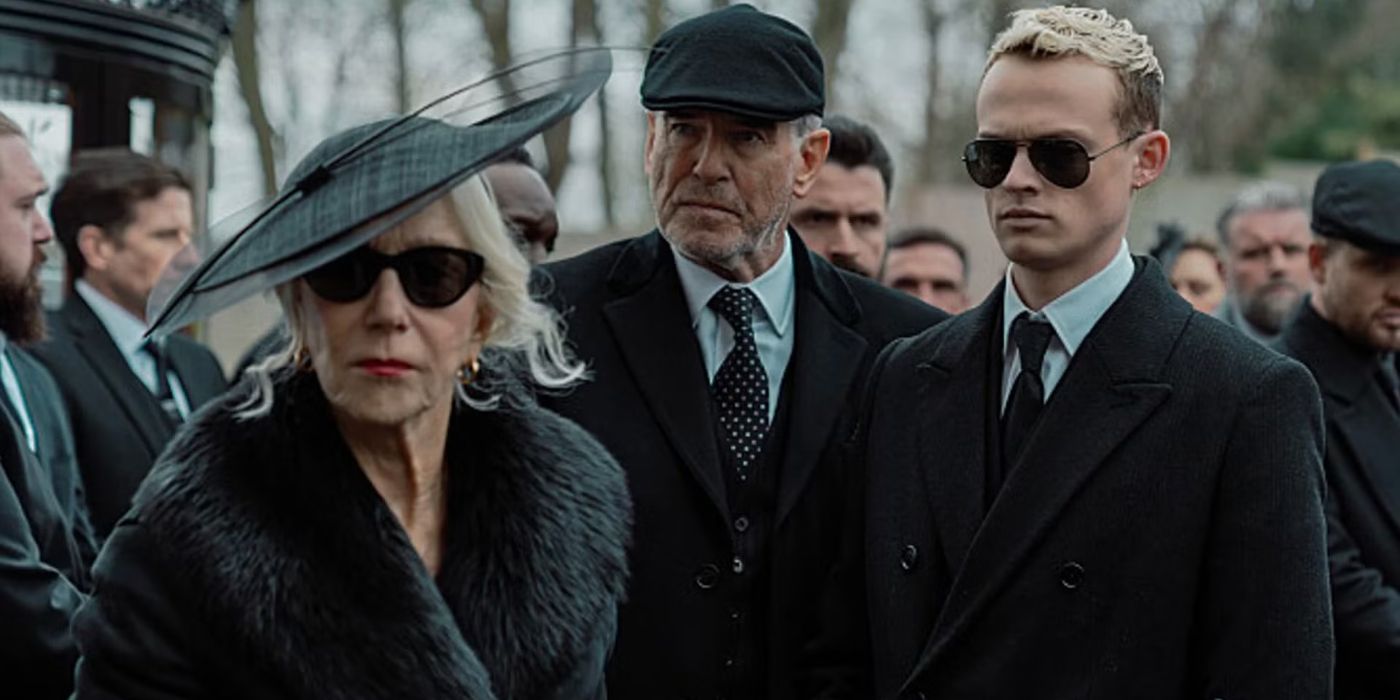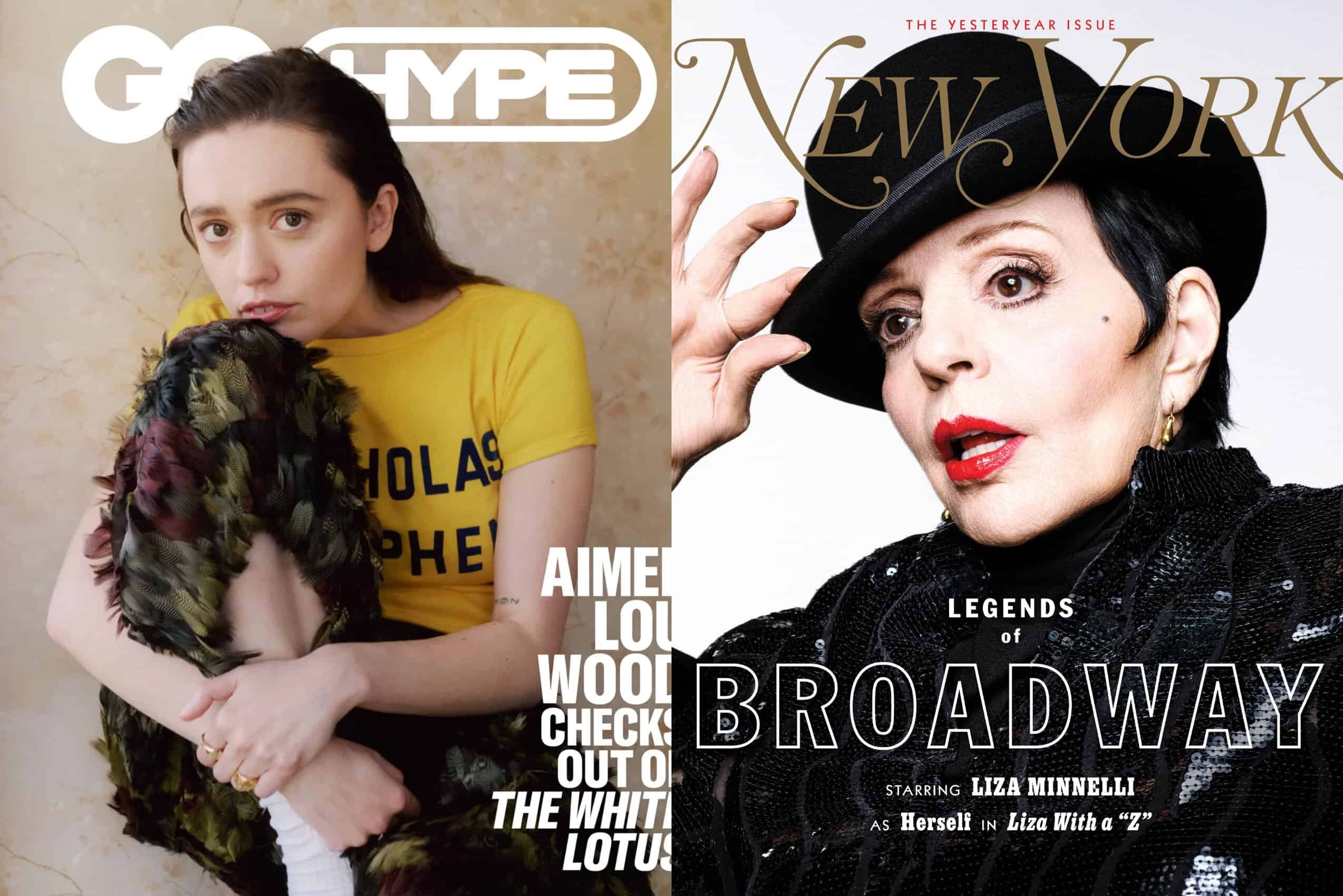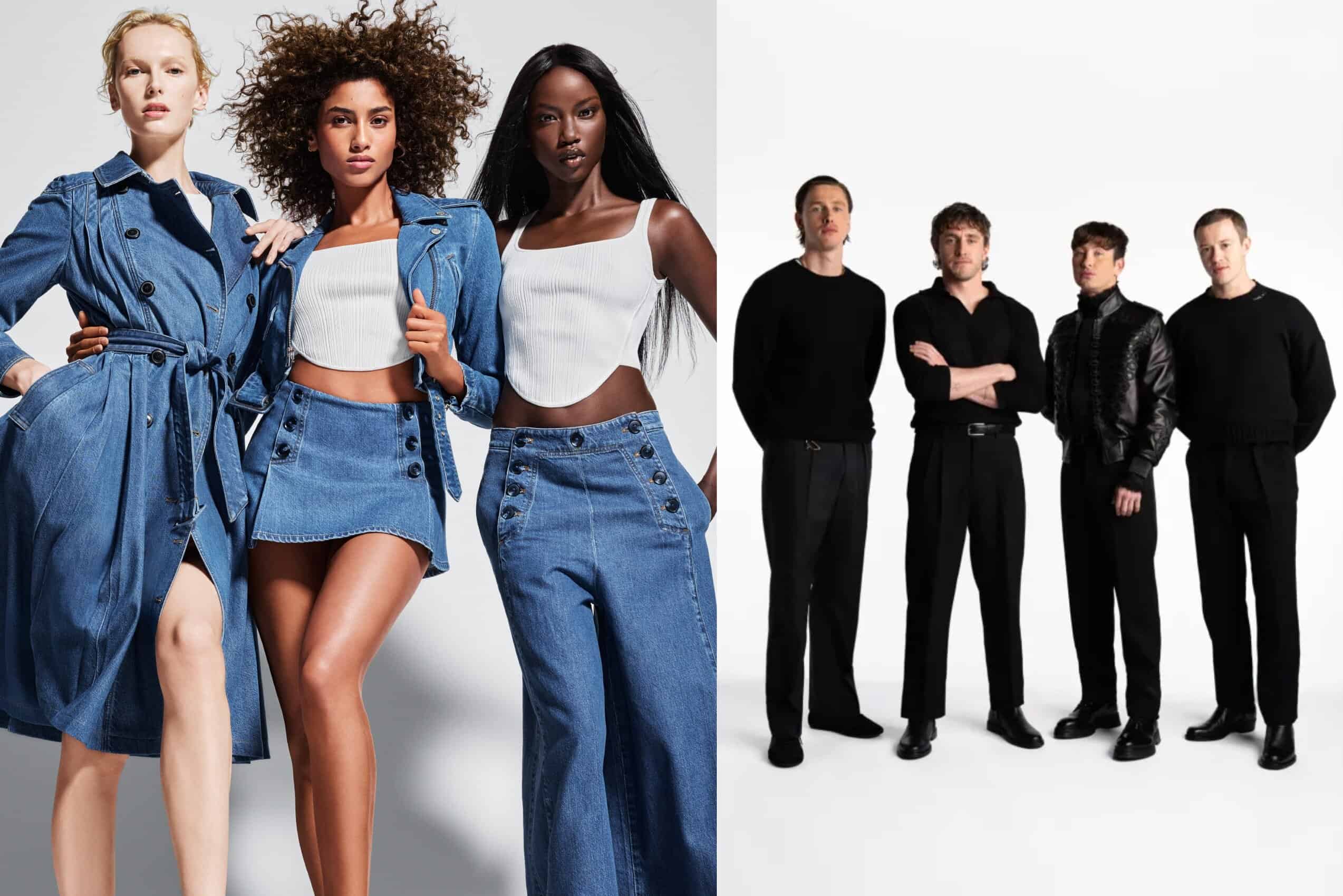On June 12, 1994, Nicole Brown Simpson and Ron Goldman were brutally murdered outside her home. O.J., who had a history of domestic violence against both Marguerite and Nicole, including police being called to their residences, was pursued by the L.A. police as a suspect. Rather than report to the police, on June 17, he and childhood friend and former Bills teammate Al Cowlings, who had dated Marguerite before O.J., fled from law enforcement in the now infamous white Ford Bronco, and all across America, audiences saw it on television, forever changing the way people watched breaking news.
1994 was the tail end of the three-network dominant era of U.S. TV. Cable news outlets were rising in prominence, featuring 24-hour news coverage. In that ecosystem, the pursuit, subsequent arrest, and highly publicized criminal trial of one of the country’s most famous figures, captured the nation’s attention. Questions of his guilt, innocence, or privilege, exposed and inflamed a racial divide some white and Black people may have previously underestimated.
For tens of millions of viewers, the Simpson criminal trial was daily TV viewing. This “popularity” helped trigger the creation of daytime court and legal television series and gave birth to celebrity judges and star jury experts like Judge Judy, Dr. Phil, and Judge Greg Mathis. The trial also catapulted participants such as attorneys Marcia Clarke, Chris Darden, Johnnie Cochran, and controversial witnesses Kato Kaelin and Detective Mark Fuhrman, and attorney Robert Kardashian—yes, father of Kourtney, Kim, Khloé, and Rob and then-husband of Kris Jenner—into being public figures. The colorful Cochran’s argument to the jury about a glove found at the scene that “If it doesn’t fit, you must acquit” was made for television immortality.
When Simpson was acquitted of double murder, while crowds outside the courthouse awaited the verdict, and TV networks aired it live, some Black viewers, from the streets to HBCU law schools, were shown celebrating the decision. Others, including many Black onlookers, wondered what the jurors could have been thinking. National debates sprung up around the nuances between “not guilty beyond a reasonable doubt” and “innocent.” For some Black observers, O.J. had been more of a racial sellout than a community hero, but his legal victory symbolized Black status finally achieving the perks and freedoms of white counterparts.
You can view the original article HERE.


